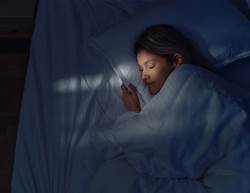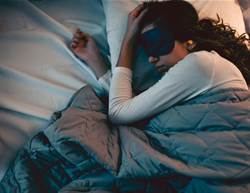When you’ve just struggled through a day after a night of tossing and turning, a friendly “good night!” can be cold comfort. It’s especially galling if you’ve already tried the obvious solutions (cut out afternoon caffeine, closed the blinds and put away your phone and tablet) but a good night’s sleep still evades your best efforts.
It’s a common problem, so we’ve rounded up secrets from the experts to help you improve your shut-eye. Whether you often experience trouble nodding off or staying asleep, their sleep-friendly solutions will help turn you into a super-sleeper. Try one or more of their tricks and rest easy.
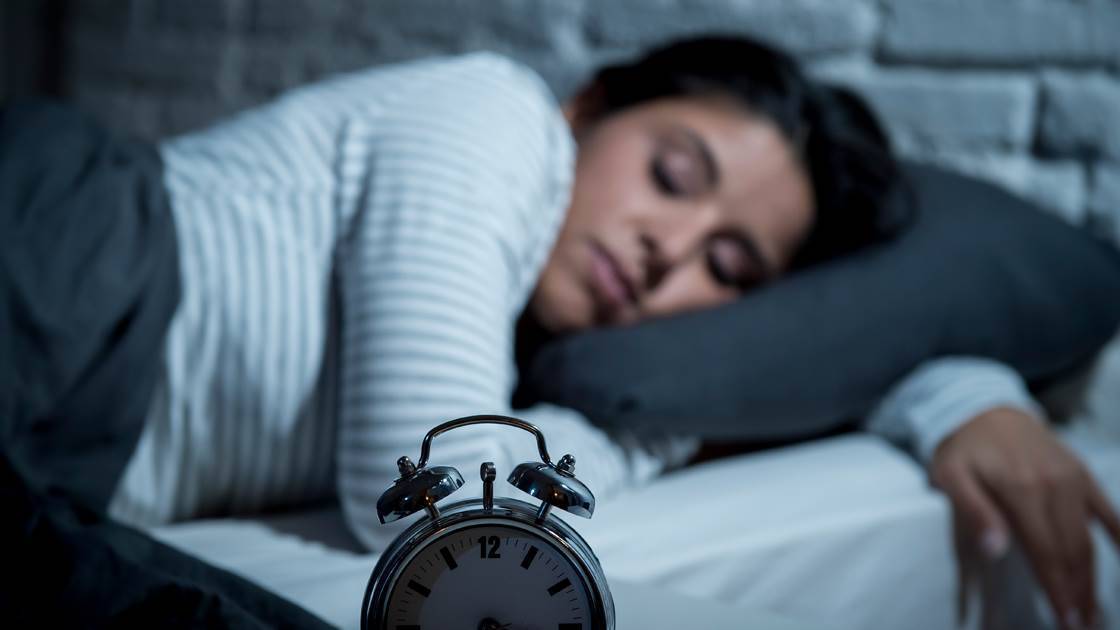




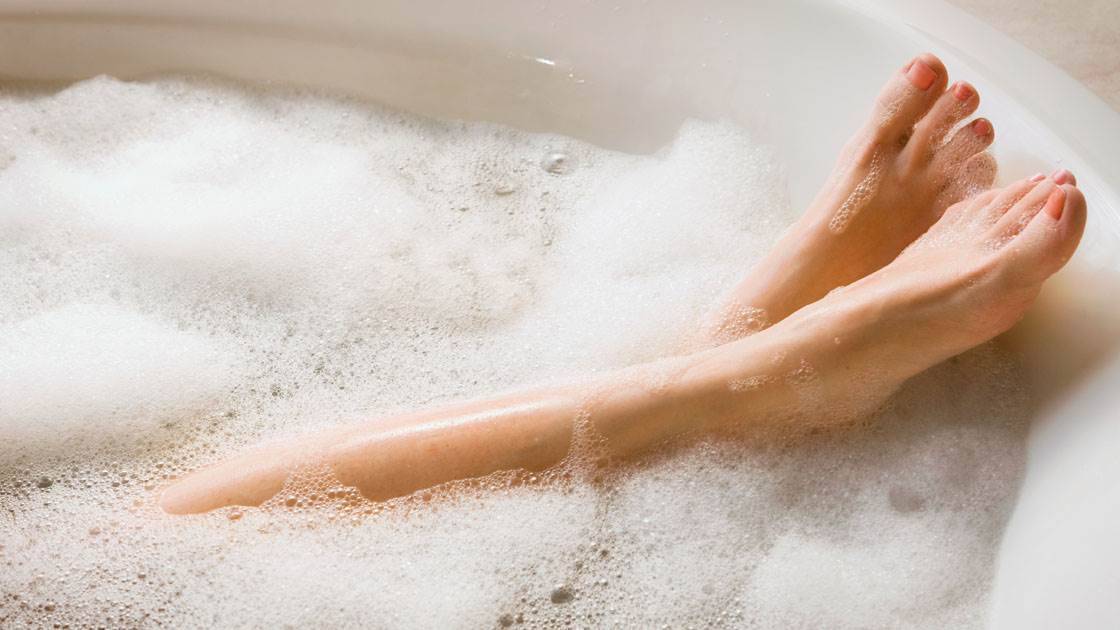
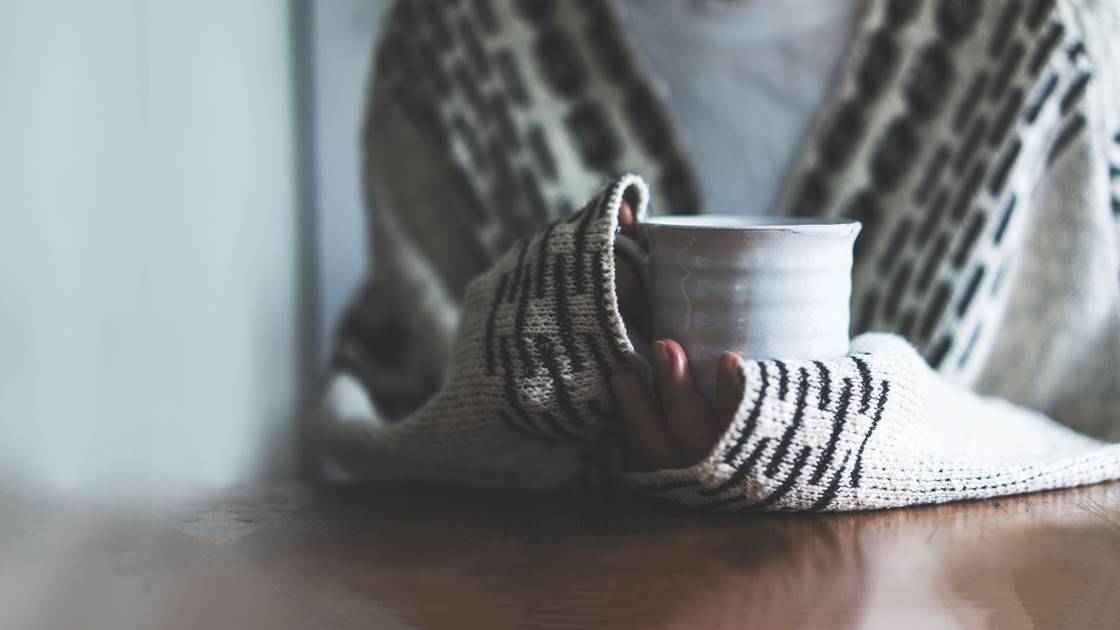


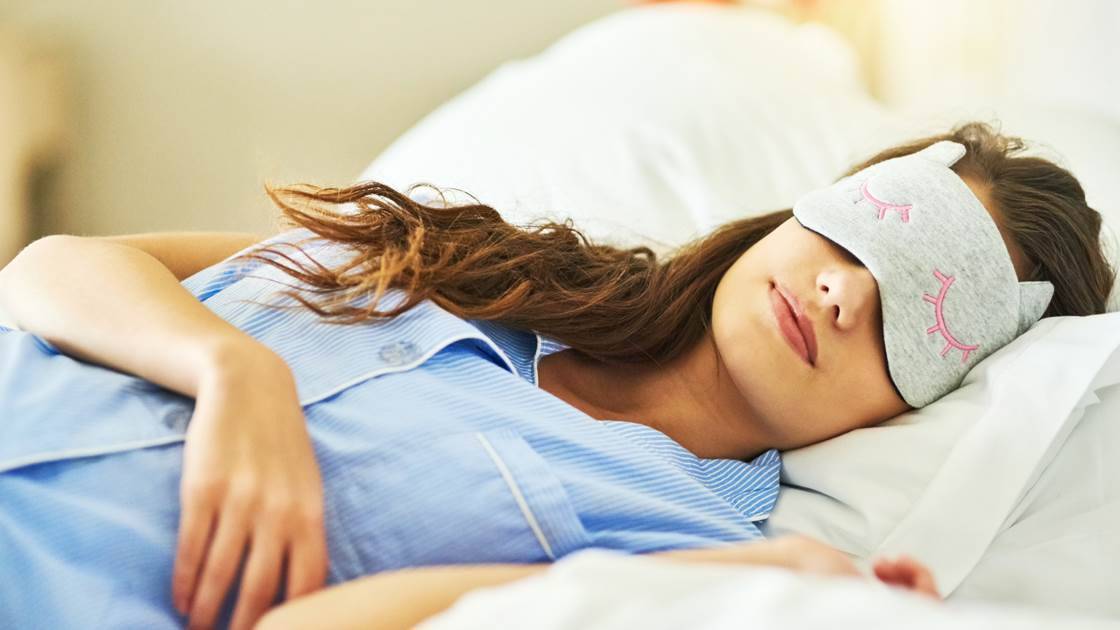
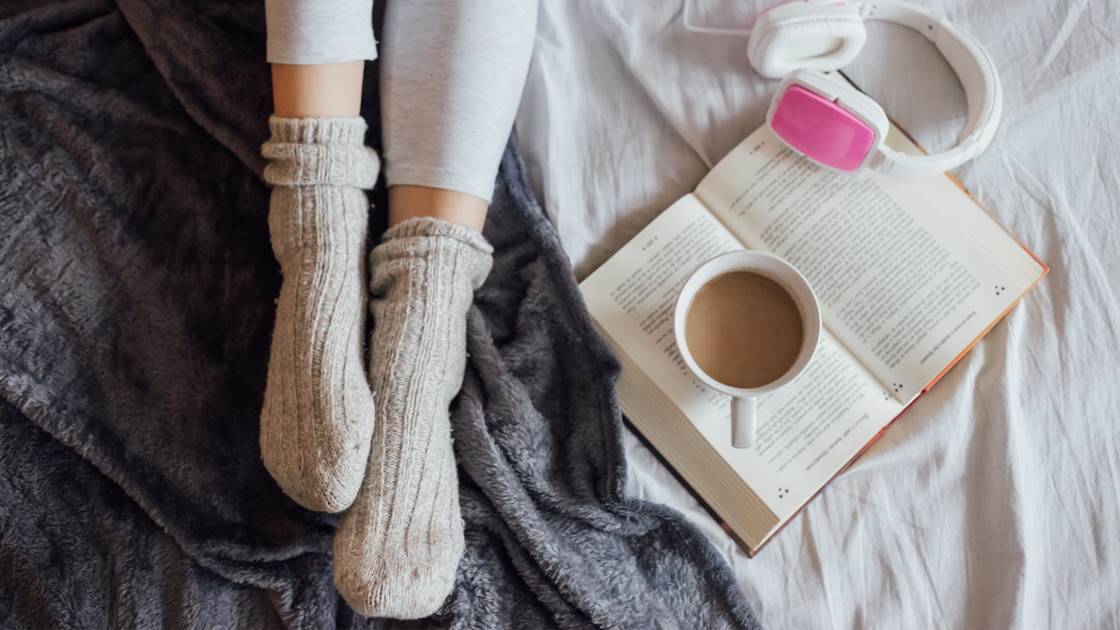
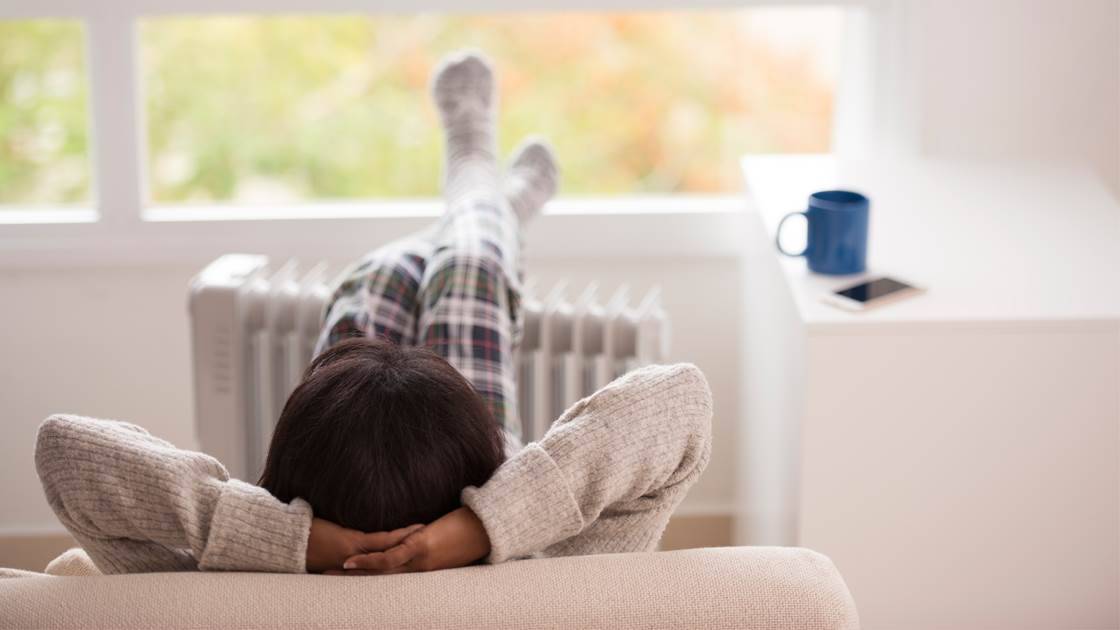
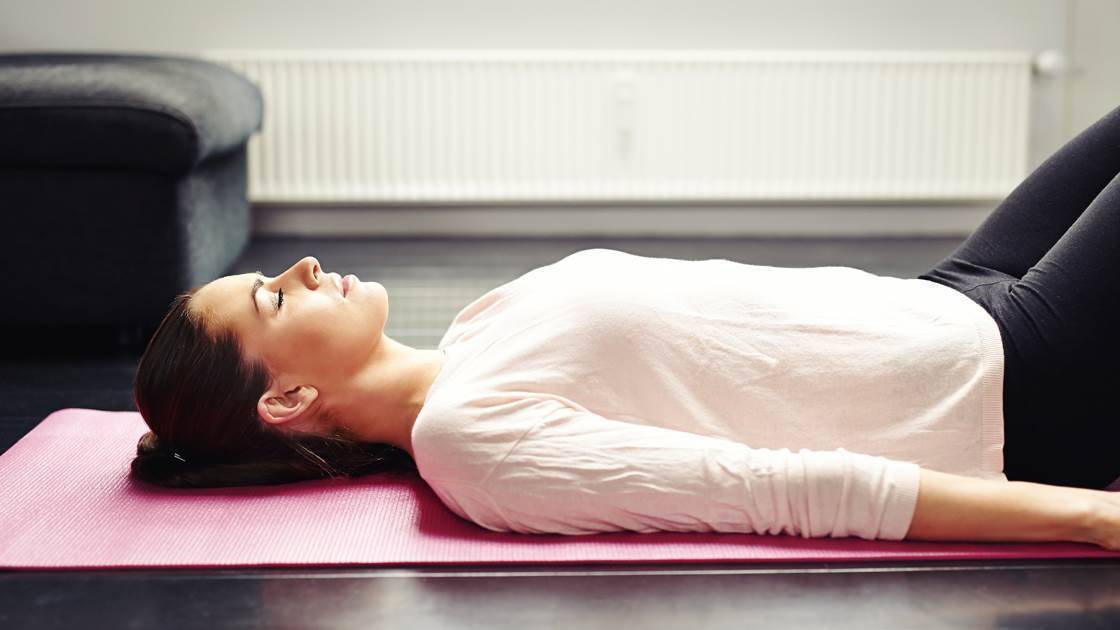

Consistent sleep and wake-up times
That means no more sitting up binge-watching five episodes of the latest groundbreaking series. Engage in good sleep hygiene by heading off to bed and getting up at the same time every day. Keep naps under 30 minutes to avoid entering deep sleep and waking up tired. And don’t nod off in front of the TV – as this may stop you from falling asleep when you finally get to bed.
Why it works: Your wake-up time sets your body’s cycle for the entire day, explains neurologist Margaret Kay-Stacey. It also helps set your body clock to light and dark. This means that at night, your sleep hormone melatonin will be rising right on cue to help you nod off.
Regular exercise
Moving every day can help boost your sleep. One study found that 2.5 hours of moderate-intensity exercise per week – think brisk walking or light biking – is all you need for a good night’s rest.
Why it works: Exercise can calm you by helping your body burn off stress hormones. Where possible, head outside for your workout. Exposure to natural sunlight will help regulate your circadian rhythm and make it easier to nod off promptly at bedtime.
Yoga
Harvard research shows that doing a yoga sequence at bedtime can help people who suffer from insomnia. After eight weeks of regular practise, the participants were falling asleep faster and sleeping better than they had before.
Why it works: Practising yoga postures, such as the cat pose, or performing yoga sequences such as sun salutations, is similar to engaging in a moving meditation, which calms both your body and mind. Whether you do them in the morning or evening, yoga can relieve tension and stress by day’s end, helping you get the zzzzs you need, says psychologist Michael Breus.
Technology-free
Are you one of the 44 per cent of Australian adults on the internet just before bed almost every night? Try putting aside your screen an hour before bed, or, at the very least, use your phone’s built-in blue-light filter if it has one. This reduces the blue wavelength coming from your screen, in favour of warmer more sleep-friendly tones.
Why it works: Not only are the text messages, apps and emails on your smartphone or tablet distracting, the blue light emitted from your screen sends a signal to your brain to turn off production of the sleep hormone melatonin. “Because devices are so close to your face, they stimulate your brain even when you have them on dim,” Daley explains. Over the course of the week, this constant light exposure, particularly after dark, can also shift your body clock. Then hormones that make you wakeful or sleepy are less in sync with night and day
Essential Oils
Natural therapists recommend aromatherapy oils such as chamomile, vanilla and jasmine, to aid sleep. Lavender has been shown to be particularly beneficial. Heat some in an oil diffuser or sprinkle a little on your pillow before bed.
Why it works: Your olfactory system, which is triggered when you smell, affects your brain and certain soothing scents can help you relax and sleep better. In one study, men and women who sniffed lavender before bedtime had a deeper sleep and felt more energetic the next morning.
Warm baths
Slipping into a warm bath in the hour before bed, not only helps you unwind after a busy day, but can also help you fall asleep.
Why it works: A drop in body temperature is a signal to your brain that it’s time to nod off, says Pelayo. When you take a warm bath or shower, your body temperature rises and then drops quickly when you get out, bringing on that sleepy feeling, Pelayo explains. Calming scents add another relaxation trigger.
Sleep-friendly rituals
Setting a ‘wind down’ hour can help you get in the sleep zone so that you nod off faster. Try a nightly cup of chamomile tea, reading a book, listening to some soothing music or engaging in progressive relaxation (tensing and relaxing your whole body from your head to your toes). Imagining relaxing scenes can also help you get to sleep, research shows.
Why it works: Sleep only happens when you let worries go, says Daley. So any trick that helps distract your brain from thinking about your inability to get to sleep can be helpful, she suggests.
No nightcap
Sure you want that chardonnay or shiraz? Alcohol might be a sedative, but it can also interfere with your sleep cycle later in the night.
Why it works: Research shows that as your body metabolises alcohol, it disrupts your slumber and prevents you from entering deeper phases of sleep, says sleep specialist Rafael Pelayo. Alcohol can also delay and shorten the slow wave and REM dreaming phases of the sleep cycle. A few glasses of wine, beer or spirits, may also make you wake later from dehydration.
Light, early dinner
That old adage – breakfast like a king and dine like a pauper – may be good for your sleep as well as your waistline. To enjoy the benefits, avoid eating 2-3 hours prior to hitting the sack – and, yes, that includes late-night snacks. Eat dinner early when possible, and save snacking for during the next day.
Why it works: If you lie down to snooze when you still have food in your stomach, acid reflux or heartburn can rouse you in the middle of the night, even if you don’t actively feel any discomfort, says sleep specialist Dr Raj Dasgupta. Research also shows that late meals can trigger high blood pressure, which can compromise sleep quality.
Eye mask
Even when your eyes are closed, the thin skin of your eyelids still registers light. Wearing a sleep mask can help provide a darker sleep environment, helping to block light from streetlamps and digital devices such as clock radios.
Why it works: Light is a signal to your brain that it’s time to wake up, explains Dasgupta.
Audiobooks
Getting cozy under the covers, turning off the lights, and listening to your favourite audiobook or podcast is a simple and effective strategy for encouraging better sleep.
Why it works: Many people are stimulated by late-night thoughts as soon as they get into bed, Daley says. Listening to books diverts attention, and can be done in the dark. “Audiobooks can provide just the right amount of distraction without too much stimulation,” Daley explains.
Cool room temperature
And bed temperature too! That means, turning off the heater and electric blanket, removing bed socks and making sure you don’t have too many covers on. This helps minimise overheating, which can trigger wakefulness.
Why it works: Studies show the best temperatures for optimal sleep are quite cool, between 15-19°C. Any hotter or cooler may disrupt your rapid eye movement sleep, the dream-filled stage that provides energy to your body and brain. When you sleep, your core body temperature lowers to help sleep onset and it rises again in the early morning to energise you for the day ahead.
Slow breathing
Do you wake up in the middle of the night with your mind whirring? Then don’t do anything that will inadvertently send a signal to your brain that it’s daytime (like turning on the lights or staring at the clock), says sleep specialist Kristin Daley. Instead, try breathing in and out to the count of three or five.
Why it works: Deep breathing can help to keep sleep-hindering thoughts at bay and relax you enough to ease you back into peaceful sleep. Slow breathing also affects your vagus nerve, which then sends ‘chill-out’ signals to your brain. These soothe your parasympathetic nervous system and trigger drowsiness.
White noise
Is your partner’s snoring keeping you wide awake? Try drowning out the clamour with a white-noise machine or by wearing earplugs.
Why it works: Mellow sounds from a machine and earplugs will turn the snoring into background noise, so it’s less frustrating and distracting. But first, the snorer should talk with a doctor to see if there’s an underlying medical problem and if nasal sprays or strips might work (or if further treatment is needed). And since sleeping side by side can yield 50 per cent more night-time disturbances than snoozing solo, remember that it’s not necessarily a sign that something is wrong with your relationship if you sleep in separate bedrooms – a 2015 survey found that nearly 1 in 4 couples does just that.





